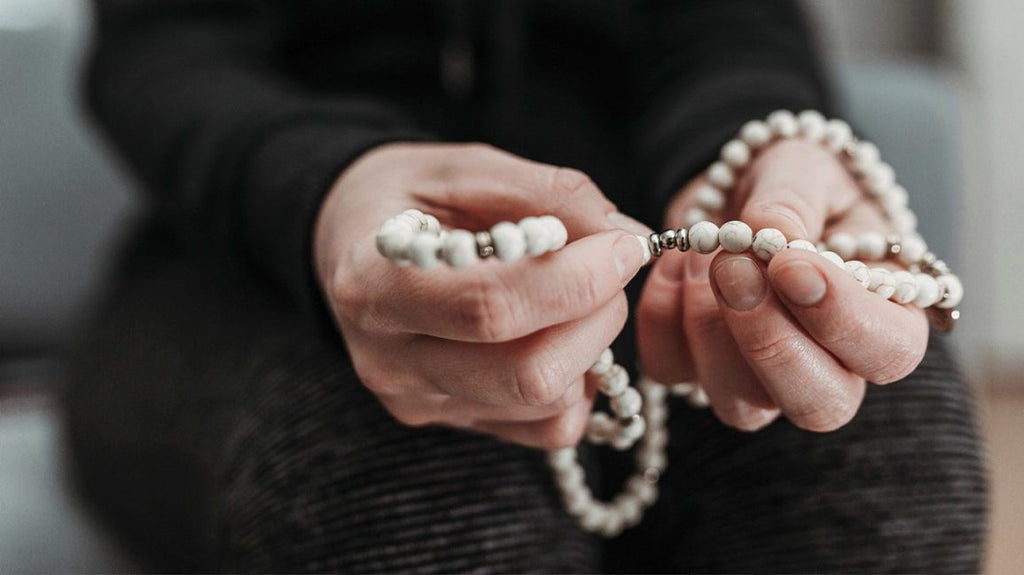
Authentic Buddhist Mala, Prayer Bead - Benefits | How to Use
Buddhist Mala Beads are commonly known as a Prayer Beas or simply mala. Mala beads have been used for centuries for a religious beleifs. Beads traditionally include 108 beads in addition to a guru bead, which is larger than the rest of the beads. If you have seen Malas before you will presumably have seen there are neckbands and wristbands. They are made from Rudraksha seeds or cut from sandalwood....
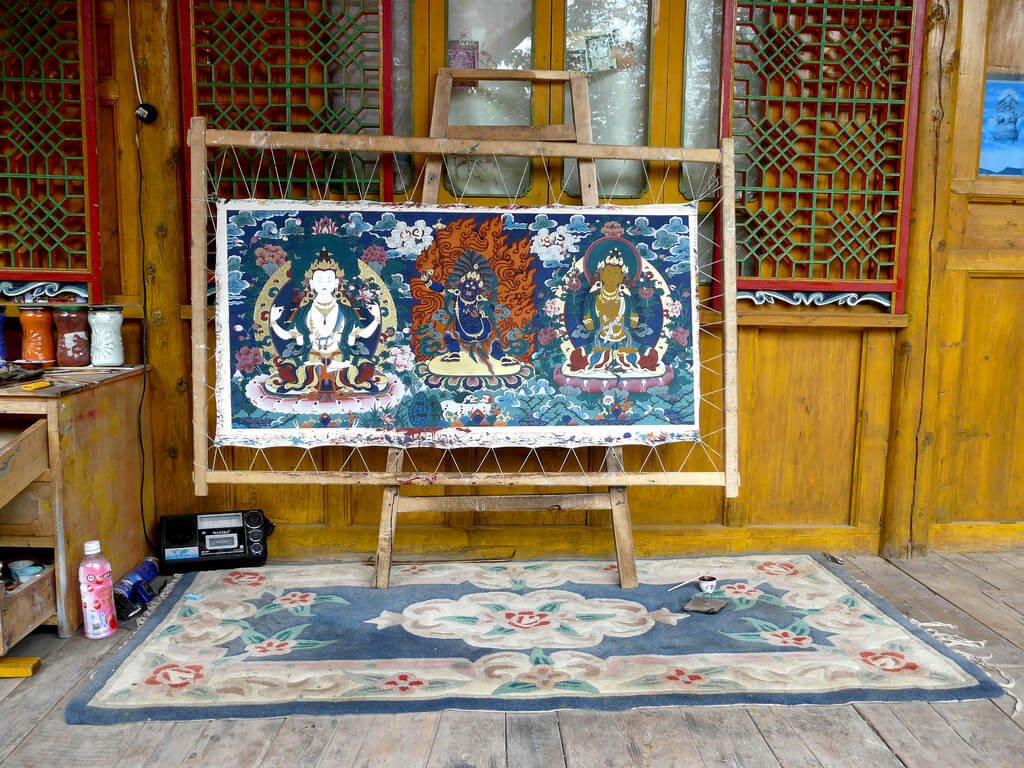
Where to Buy Thangka Painting
Thangka is a Silk painting and weaving, normally showing a Buddhist god, acclaimed scene, or a mandala. The Thangka Painting is totally different than ordinary painting. It is a piece of picture which is painted on silk. Good amount of dedication and hard work is must for Thangka Paintings. Thangkas are the true Art of Religion. Actually like any Buddha picture, divinity thangkas are viewed as sacred articles and offer incredible...
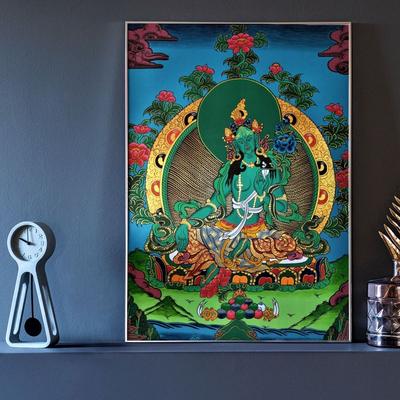
Thangka Painting: A Buddhist Art
What is Thangka Thangka is a Silk painting and weaving, normally showing a Buddhist god, acclaimed scene, or a mandala. The Thangka is totally different than ordinary oil painting. It is a piece of picture which is painted or weaved and laid a cover of silk. Good amount of dedication and hard work is must for Thangka Paintings. Thangkas are the true Art of Religion. Motivation behind Thangka Thangka is...
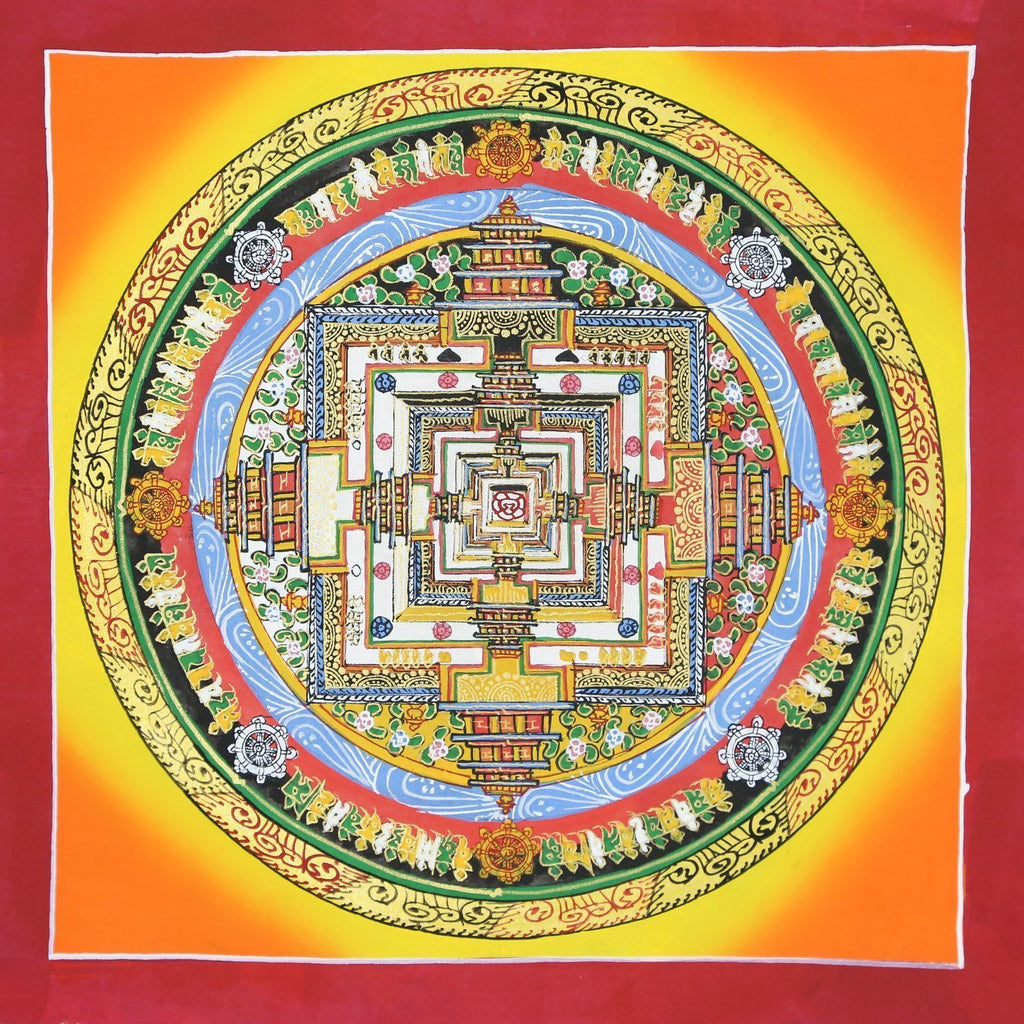
Nepali Thangka Painting
Thangka Painting serves as important teaching tools depicting the life of the Buddha. Nepali Thangka Painting acts as visual ads for focus concentration. Nepali Thangka Arts are device for tantric meditation. Each color, art and design of Thangka Painting has their own meanings. Nepali Thangka has its own value in the Global Market. Art of Tibet is Authentic Seller of Nepali Thangka Paintings online. Thangka Arts is hard work of concentration...
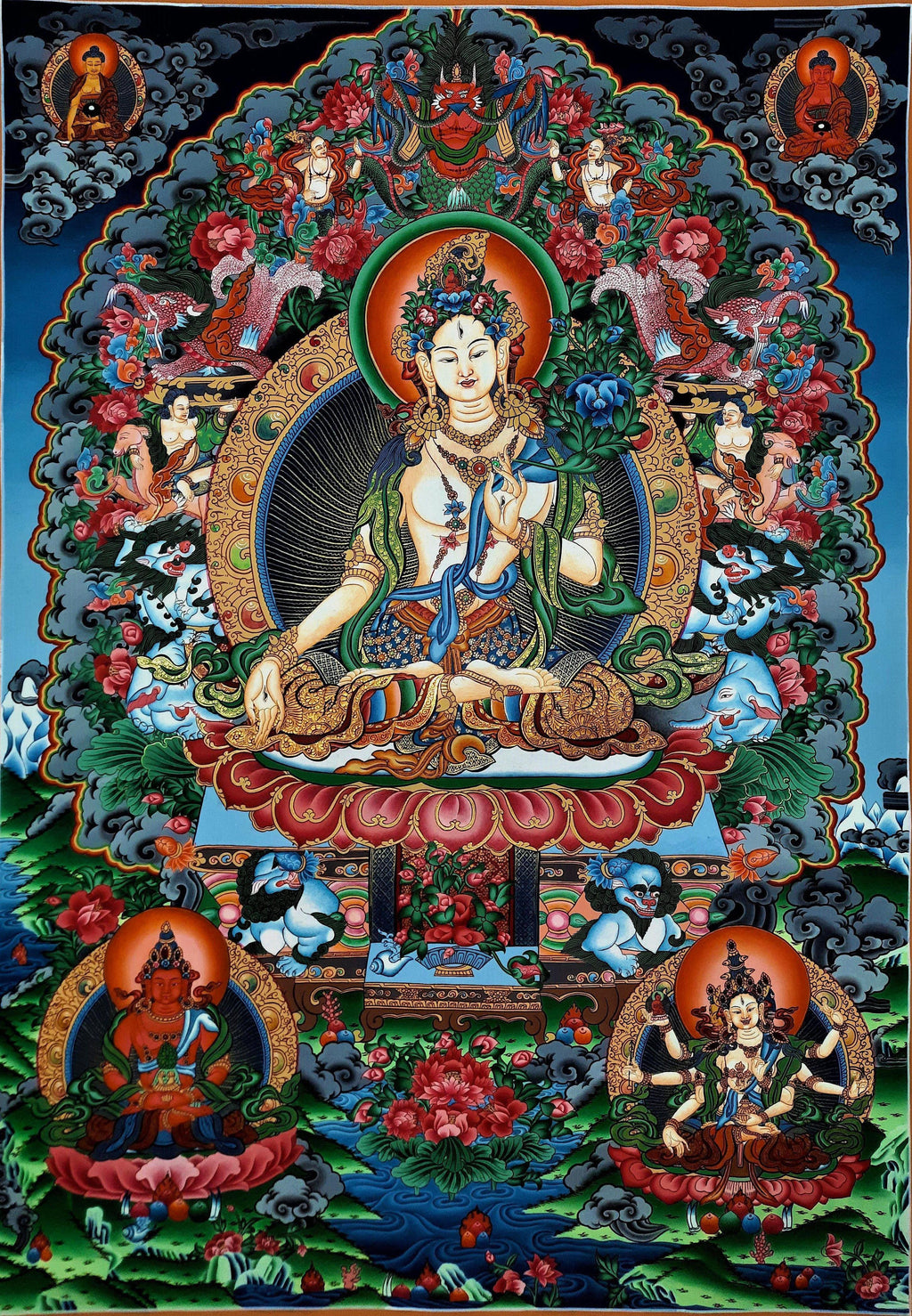
Tibetan Thangka Secrets
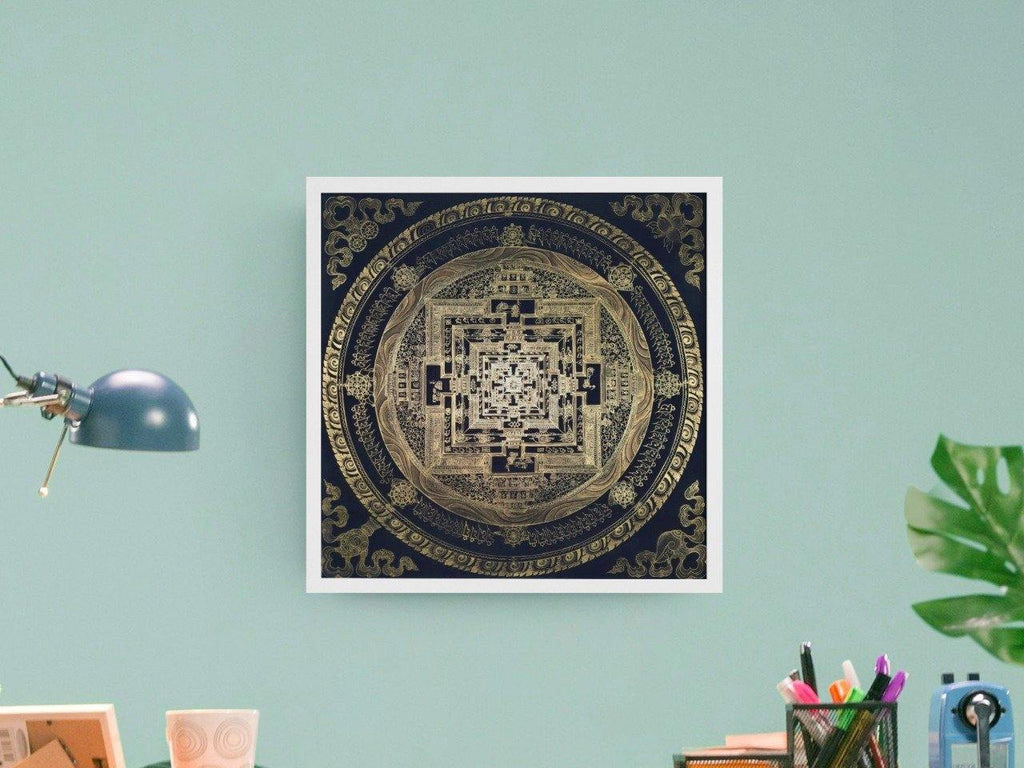
Details on Tibetan Mandalas
Kalachakra Mandala Thangka Thangka painting portrays the Kalachakra mandala. Tibetan mandala (in a real sense a "circle") is an image in Buddhism and Hinduism, addressing the Universe. The Square (Stupa) is surrounded by circles of fire, earth, wind, water, shrewdness, and space, representing the infinite and clairvoyant request. Mandalas hold otherworldly importance and show up in societies and methods of reasoning across the globe. The popular Swiss specialist, Dr. Carl...
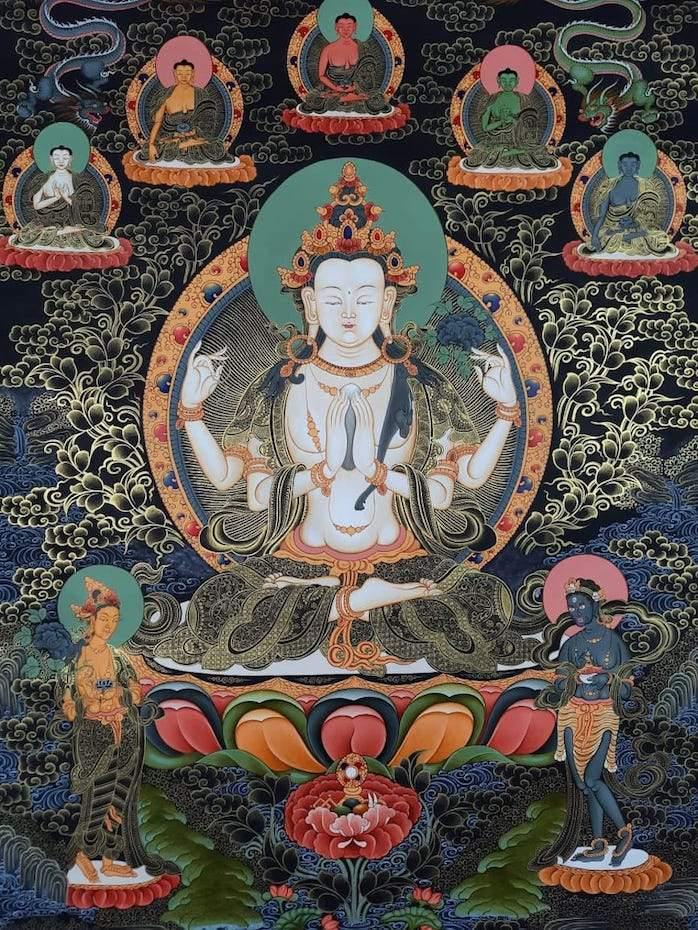
Tibetan Buddhist Deities Details
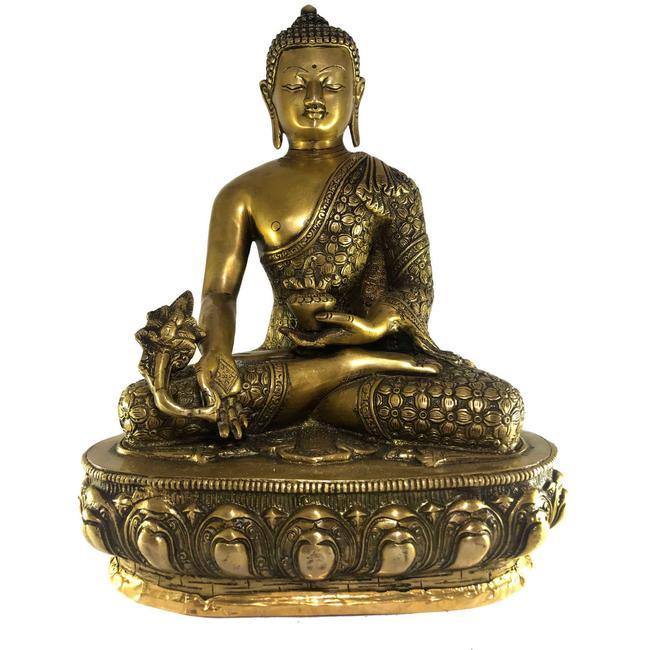
Buddhist Statues and Stupas
A Tibetan Buddhist statue or rupa is a sacred Dharma support and a source of inspiration for your practice. It is believed that statues of the Buddha first appeared in North India during the 1st Century CE. In Tibetan Buddhism, a rupa is usually the main focal point on a temple shrine or personal altar. Once a rupa has been consecrated it becomes alive with blessing. We therefore encourage you to take...





